
Walter Marsh
Walter is a writer and editor living on Kaurna Country.
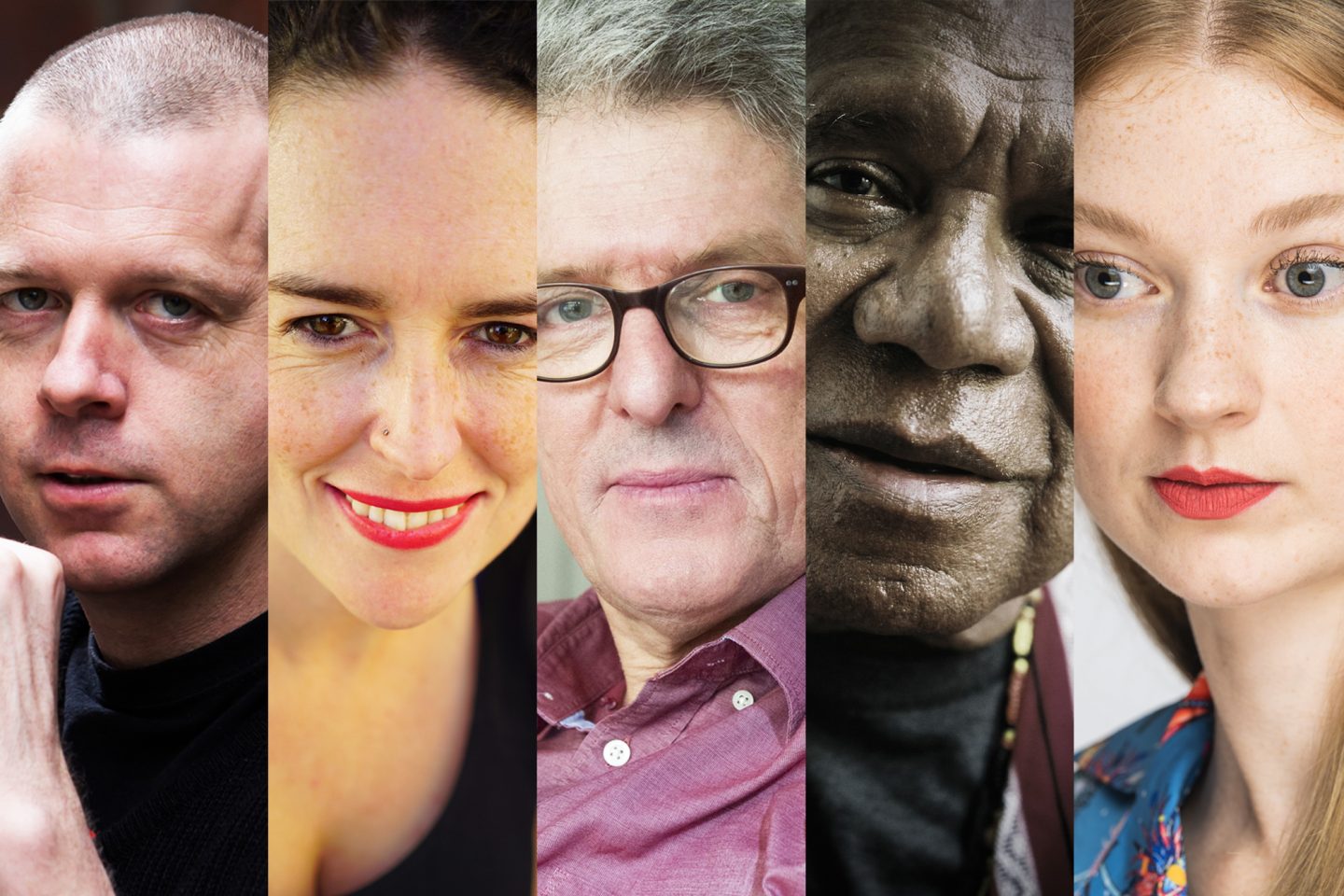
One of the striking features of the 2020 Adelaide Writers’ Week program is its rich roster of Australian writers tackling some of the most timely social and political issues of our time.
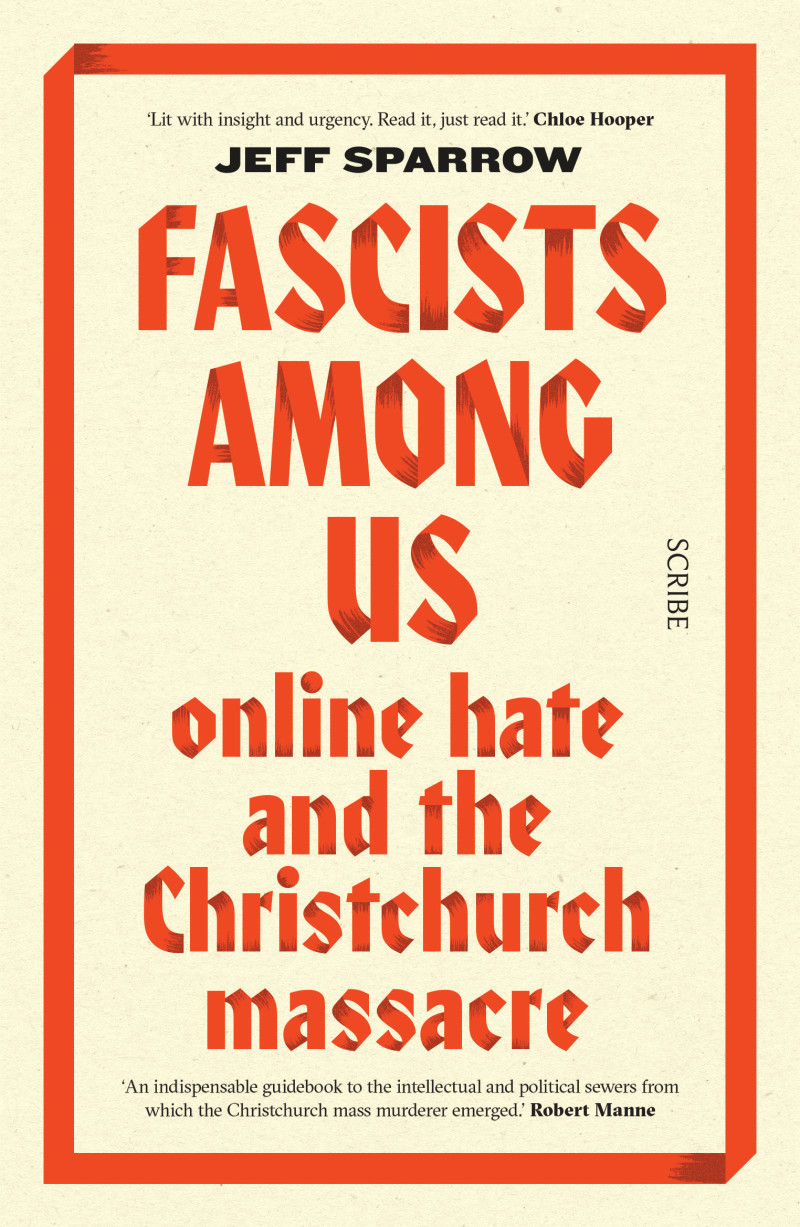
While much of Australia’s media and political class have studiously avoided talking about how an Australian came to commit the 2019 Christchurch massacre, journalist Jeff Sparrow’s recent book Fascists Among Us offers some timely analysis one year on.
There has been an understandable reticence to discuss the shooter’s name and manifesto for fear of widely disseminating his work, but Sparrow (who refers to the shooter as Person X) instead argues that X’s intended outcome was to narrow-cast his message to the darker corners of the internet. This, Sparrow says, is where X found a community, and where his writing, laced with references to ironic online meme culture, was pitched to and continues to be circulated. Such a blackout, he argues, does little to stop this proliferation, but prevents us from unpicking the causes head on.
In light of ASIO head Mike Burgess’ recent warnings about a rise in rightwing extremism, it’s an insightful read and an even more important conversation.
Tuesday 3 March
East Stage 12pm
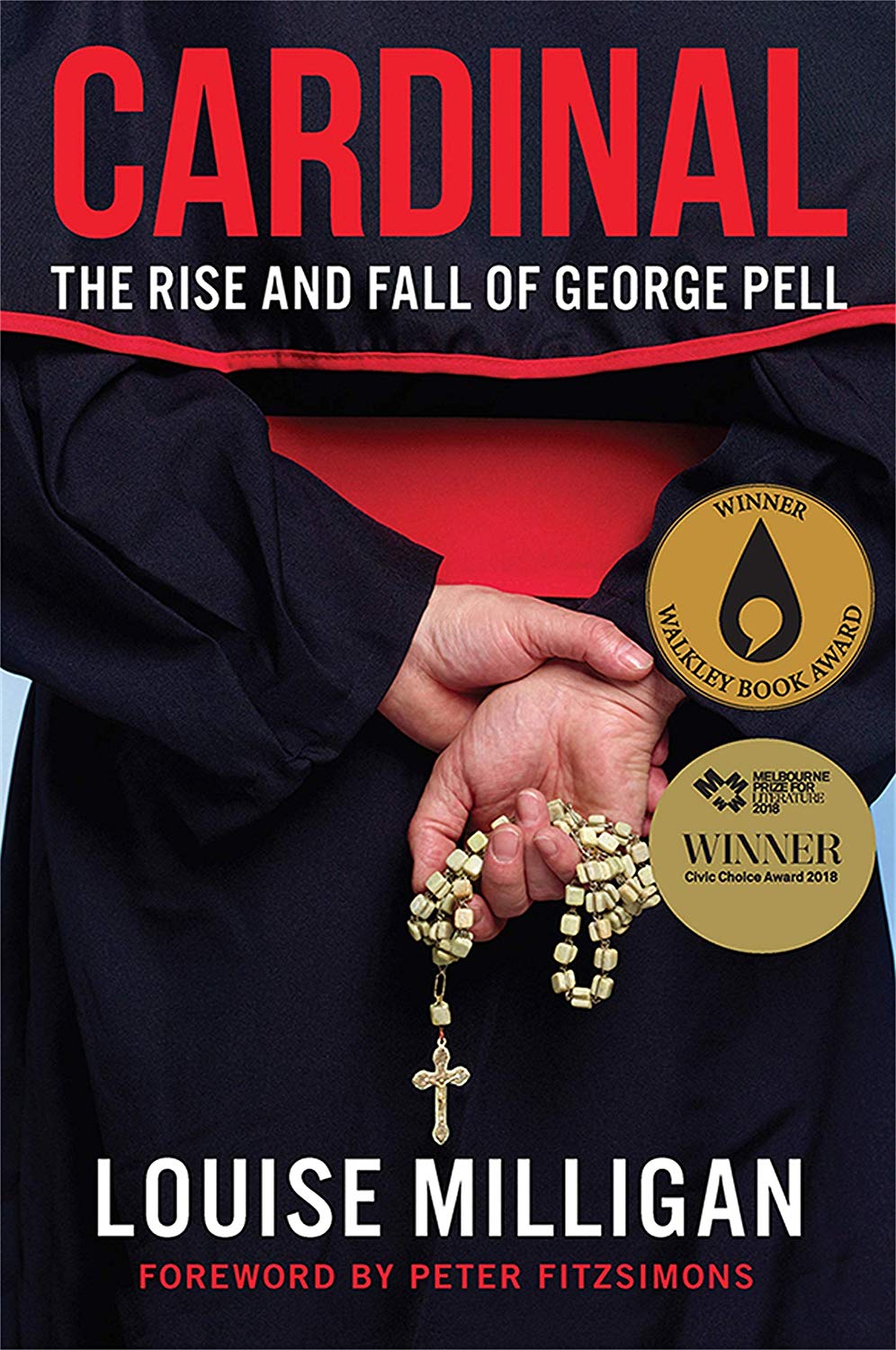
The trial and subsequent conviction of George Pell sent shockwaves around the country, and marked a turning point in our deepening understanding of sexual abuse in the Catholic Church and the institutions beyond it. Between Louise Milligan’s reporting and expansive book Cardinal, and David Marr’s coverage of the case with The Guardian, the pair have been leading voices in coverage of the Pell case.
With Milligan back in the news after her Four Corners investigation into Melbourne Catholic school St Kevin’s, the pair will undoubtedly offer some much-needed – and bracing – insights into the deep harm these institutions have wrought… and their reckoning.
Thursday 5 March
East Stage, 9.30am
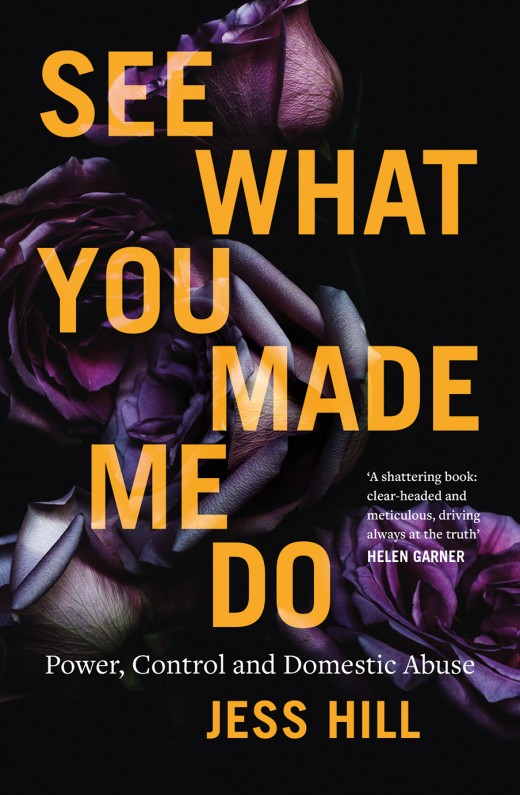
In her expansive 2019 book See What You Made Me Do, journalist Jess Hill offers a richly researched and deeply empathetic pathway through the statistics to explore the shape and scale of Australia’s domestic abuse epidemic. In addition to reams of powerful firsthand accounts of domestic abuse survivors, Hill adds important context to common patterns of abuse and the institutional failings that trap victims in violent or manipulative relationships. It is a sobering, enlightening read.
It would be tempting to comment that Hill’s book a particularly timely inclusion in the wake of the killing of Hannah Clarke and her children, and the renewed furor over MRA-apologist Bettina Arndt’s Australia Day honours. But, in truth, this issue is an evergreen one in contemporary Australia, which makes her work all the more essential.
Tuesday 3 March
East Stage, 3.45pm
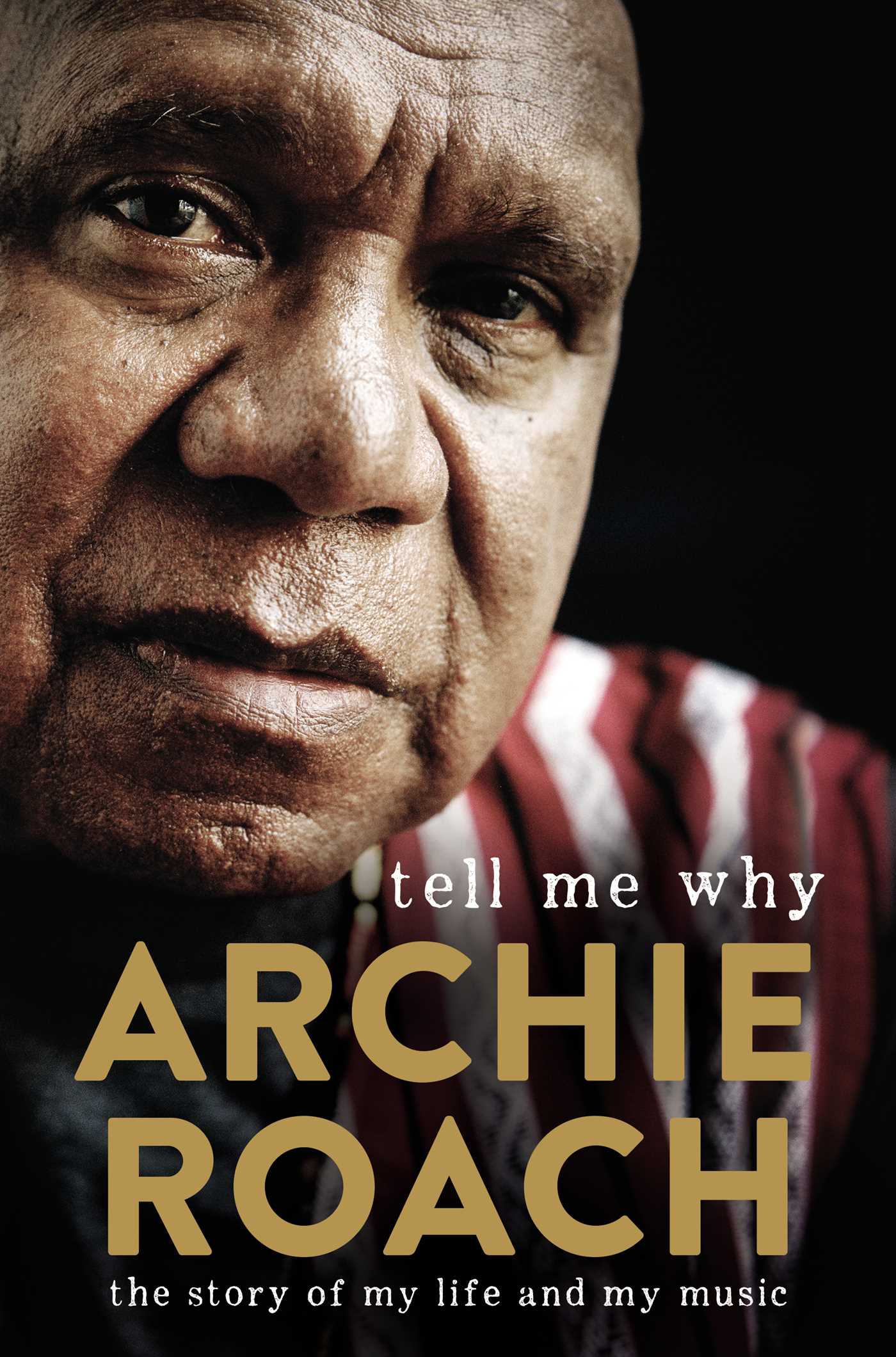
Roach’s 2019 memoir Tell Me Why reveals that the singer songwriter has lived many different lives during his time on earth, and each one brings its own set of lessons. But some of the most interesting insights are in and around the time he spent drifting around the streets and shelters of Adelaide; Roach writes with great clarity about the realities of sleeping rough and having “a charge” – the good and the bad.
As the City of Adelaide debates banning drinking in the Park Lands, in a fairly transparent attempt to deal with groups of First Nations people camping south of the city, the voice of those affected has rarely been heard. It’s not everyday that someone who has lived through that experience gets to publish a memoir, and it would be a good idea for us to listen.
Wednesday 4 March
East Stage, 2.30pm
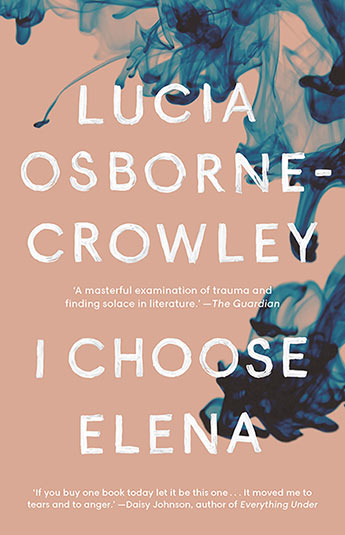
Lawyer and author Bri Lee’s 2018 memoir Eggshell Skull has won widespread praise for its account of Lee’s navigation of the legal system in the wake of her own sexual assault. Her follow-up essay, Beauty, explores body image and our social obsession with beauty standards. Both important subjects, but her programming in the festival also hinges on her reclamation of her own narrative – trauma and all – in a society that continues to sideline the perspectives of women about their own experiences of abuse.
In this panel Lee is paired with journalist and author Lucia Osborne-Crowley, whose newly released book I Choose Elena also explores her own journey with the trauma of her own assault. Some of Adelaide Writers’ Week’s most insightful conversations come from two writers sharing notes on their experiences of authorship and the way they use literature, and there are few more compelling pairings than this one.
Tuesday 2 March
West Stage, 5pm
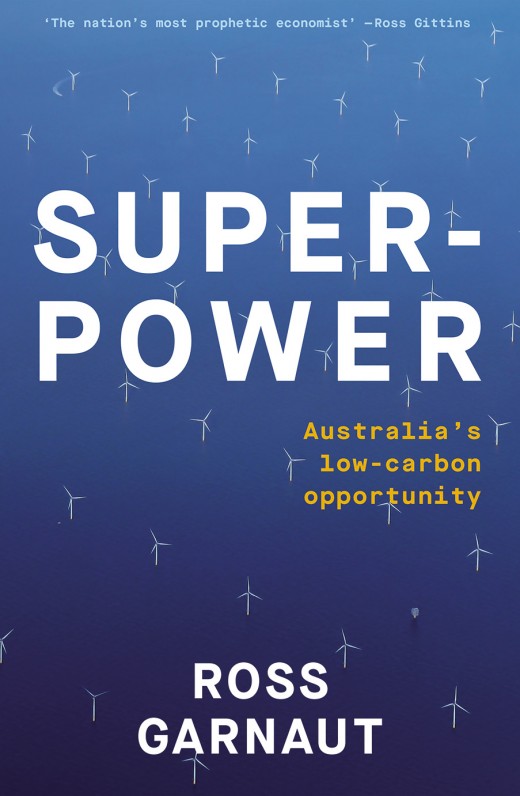
The names Garnaut and Flannery have been synonymous with the last decade of climate policy in Australia. After a summer that has seen many of the projections of his 2008 report for the then-Rudd government come to fruition, Ross Garnaut is well placed to discuss the political gridlock that has stymied substantive action over the past decade.
But perhaps it isn’t all doom and gloom; with his new book Superpower: Australia’s Low Carbon Opportunity, Garnaut also lays out how decarbonisation could transform our economy for the better. Given economic arguments have been the most effective tool for opponents of climate action, Garnaut’s latest findings are particularly important.
Monday 2 March
East Stage, 2.30pm
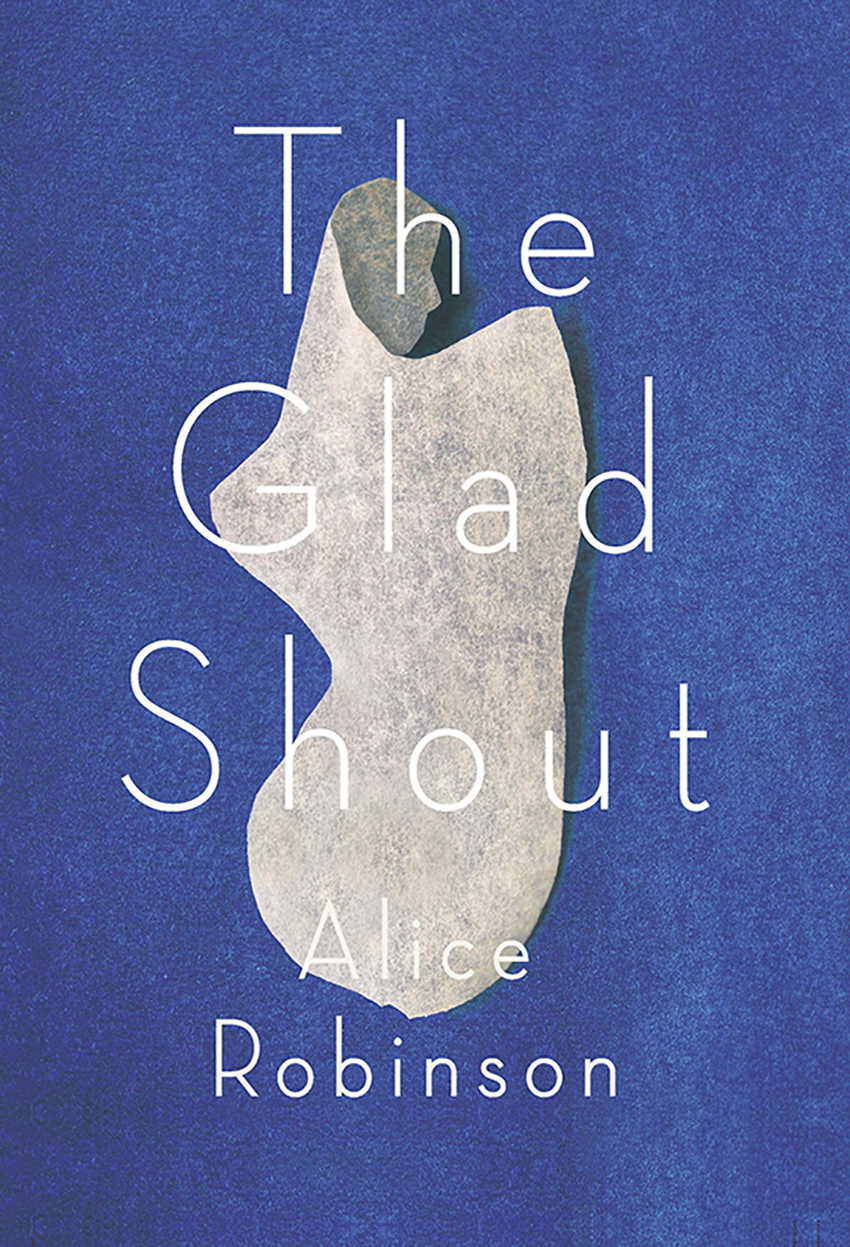
The climate emergency is one of the most important issues of our time, and seeing Australian writers from Jennifer Mills to Briohny Doyle respond to the ways our world is changing, and will continue to change, has emerged as a fascinating genre of its own. Alice Robinson’s novel The Glad Shout tells one such story in a Melbourne devastated by a natural disaster, and the efforts of a family to make it through the washout.
In her follow up to Salt Creek, Wolfe Island, Lucy Treloar finds her protagonist on an eroding American island, forced to give sanctuary to her kin and their companions in a story of mass displacement that will only become more relevant as more parts of the world become unsafe to inhabit.
Thursday 5 March
West Stage, 9.30am
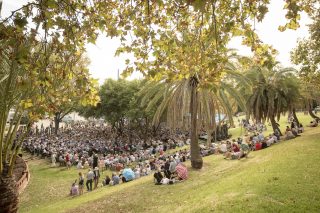

Walter is a writer and editor living on Kaurna Country.